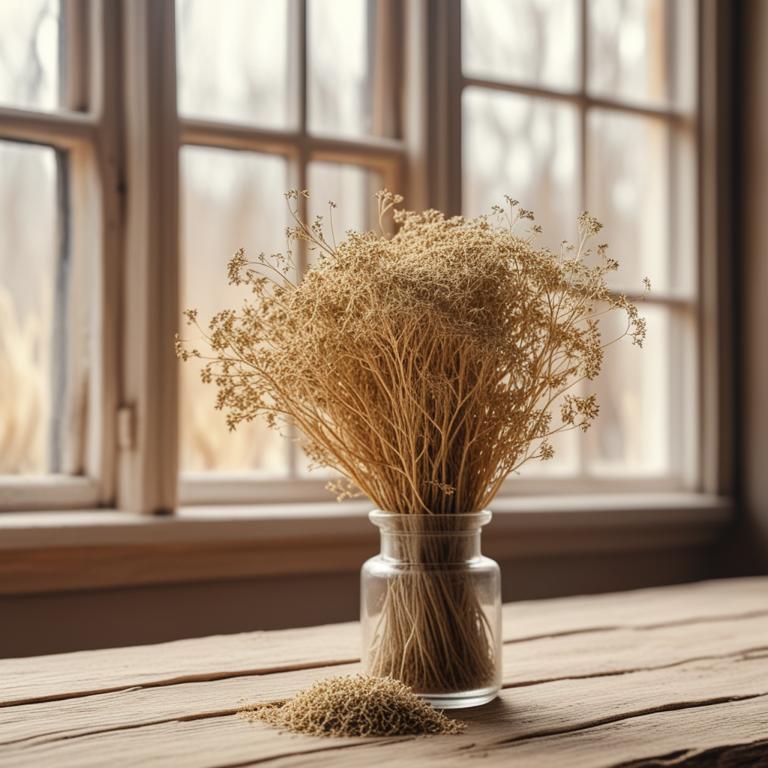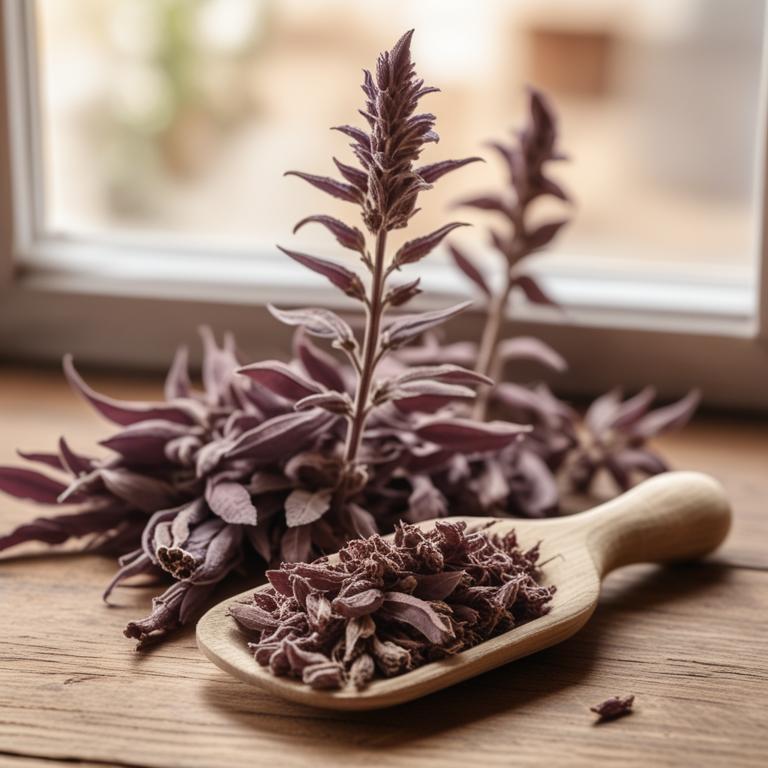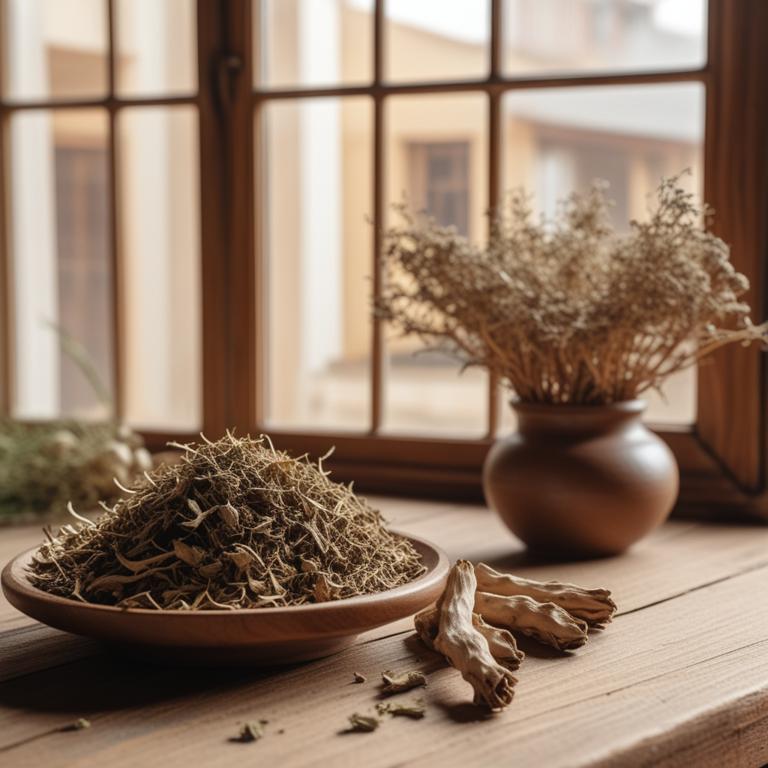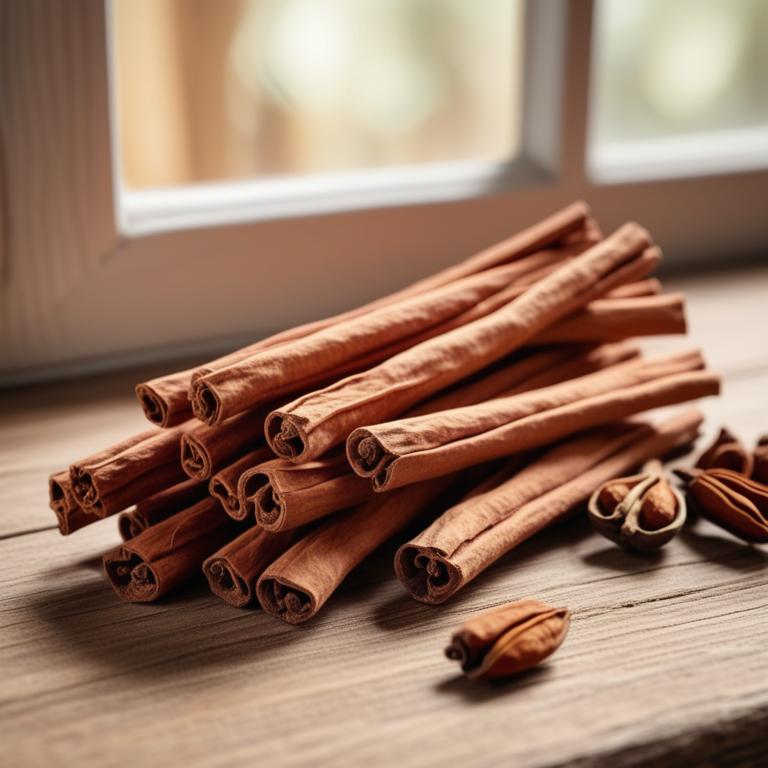Updated: Dec 1, 2024
Cavities Causes and Natural Treatment Options with Medicinal Herbs and Herbal Preparations
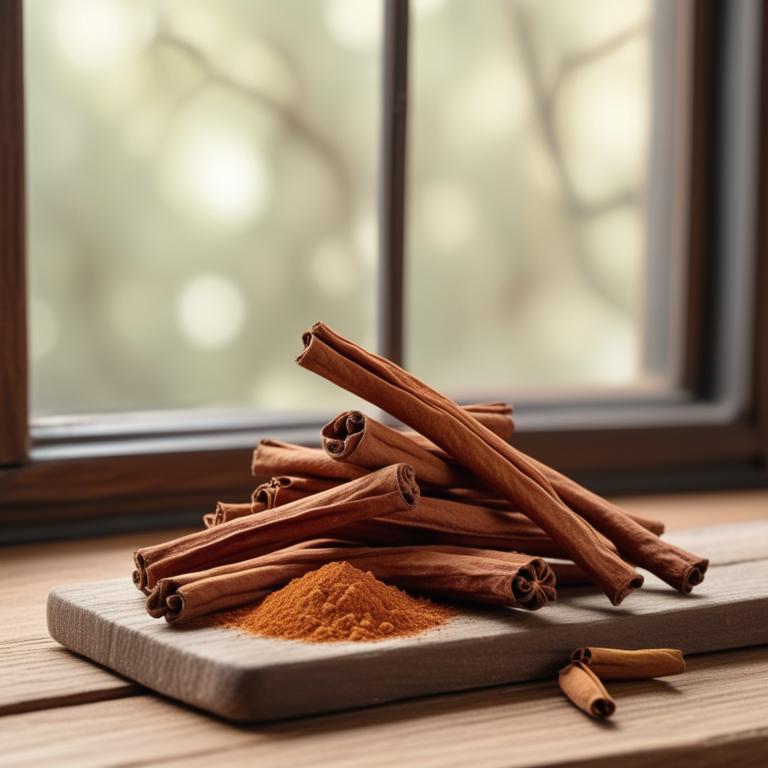
Cavities, or tooth decay, is a common problem that affects millions of people worldwide.
When a cavity forms, it can cause pain, discomfort, and even tooth loss if left untreated. This can have a significant impact on daily life, making eating and speaking difficult. Cavities are caused by a combination of factors, including poor oral hygiene, a diet high in sugar and acid, and a lack of fluoride. When bacteria in the mouth feed on sugar and other carbohydrates, they produce acid that damages the enamel on your teeth, creating a cavity. Fortunately, there are some herbal remedies that may help prevent and even heal cavities. Herbs like clove, myrrh, and neem have been used for centuries to protect teeth and gums.
Clove, in particular, has antibacterial and anti-inflammatory properties that can help reduce pain and inflammation in the mouth. Myrrh, on the other hand, has been shown to prevent the growth of bacteria that cause cavities. Herbal teas can be a great way to use these remedies. Clove tea, for example, can be made by steeping a few cloves in hot water. Drinking this tea regularly may help prevent cavities and reduce tooth sensitivity. Myrrh tea can also be made by steeping myrrh resin in hot water.
Some people even use neem oil as a mouthwash to prevent cavities and promote oral health.
Table of Contents
What contributes to the formation of cavities?
The main causes of cavities are a combination of factors that we can control and some that are beyond our control.
Poor oral hygiene is a significant contributor to cavities. When we don't brush our teeth regularly, food particles and bacteria accumulate on our teeth, causing decay.
Frequent snacking, especially on sugary foods and drinks, provides a constant source of energy for these bacteria, making them multiply rapidly and produce acid that damages tooth enamel. Sugary drinks, such as soda and sports drinks, are particularly bad for our teeth because the liquid washes over them, providing a steady supply of sugar for bacteria to feed on. Infrequent brushing and insufficient flossing allow these bacteria to thrive, leading to cavities.
Furthermore, a dry mouth, which can be caused by certain medications, medical conditions, or a lack of saliva production, makes it harder for our teeth to repair and protect themselves, making them more susceptible to decay.
What advantages can be gained by using herbs for cavities?
Using these natural remedies for cavities can be a great alternative to traditional treatments.
One main benefit is that they are often antibacterial, which means they can help kill the bacteria that cause cavities in the first place. This can prevent the decay from spreading and reduce the need for fillings or other invasive procedures.
Some of these herbs also have anti-inflammatory properties, which can help soothe and calm the affected area, reducing pain and discomfort. Additionally, they can help strengthen tooth enamel and prevent future cavities from forming.
They can also be used to freshen breath and reduce plaque, making them a great addition to your oral care routine.
What are the main medicinal herbs used to cure cavities?

Herbs have been used for centuries to help prevent and treat cavities.
One of the most effective herbs is Melaleuca alternifolia, also known as tea tree oil. It has antibacterial properties that kill the bacteria that cause cavities. When applied directly to the teeth, it helps to reduce plaque and prevent the growth of bacteria. Another herb that's good for cavities is Zingiber officinale, or ginger. It has anti-inflammatory properties that help to reduce swelling and pain in the mouth. It also has antibacterial properties that help to prevent the spread of bacteria. Echinacea purpurea is another herb that's been shown to help prevent cavities. It has immune-boosting properties that help to fight off infections, including those that cause cavities.
It also has anti-inflammatory properties that help to reduce pain and swelling in the mouth. Eucalyptus globulus is another herb that's good for cavities. It has antibacterial properties that help to kill bacteria that cause cavities. It also has anti-inflammatory properties that help to reduce pain and swelling in the mouth. Sanguinaria canadensis, also known as bloodroot, is a natural antibacterial agent that's been used to help prevent cavities. It has been shown to kill bacteria that cause cavities and prevent the growth of new bacteria. It also has anti-inflammatory properties that help to reduce pain and swelling in the mouth. These herbs can be used in various forms, such as essential oils, teas, or extracts. They can be applied directly to the teeth or taken orally to help prevent cavities.
However, it's always best to consult with a dentist before using any new remedies to treat cavities.
What herbal preparations are most frequently used for cavities?
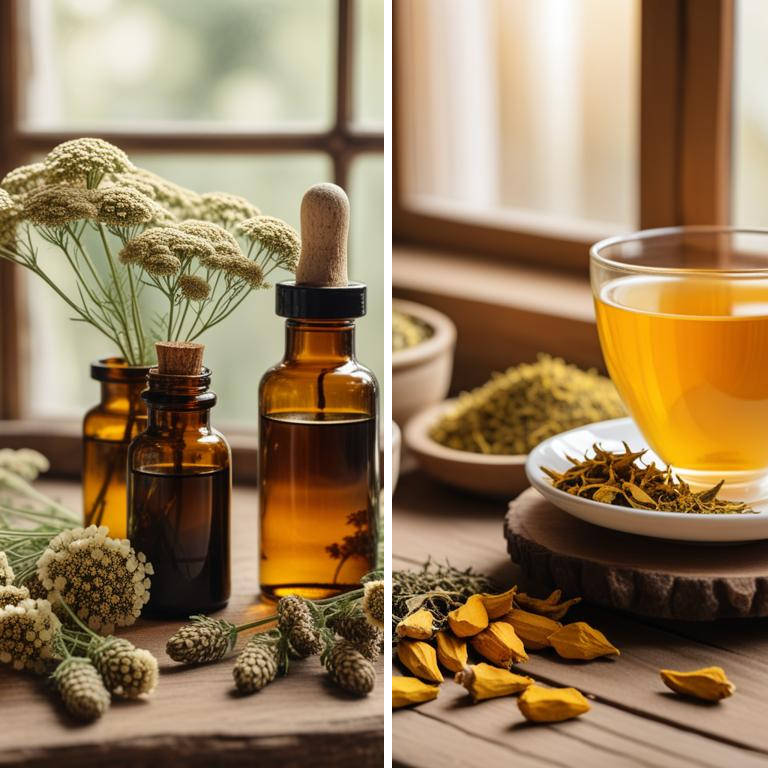
Herbal preparations can be a great way to prevent and treat cavities naturally.
An infusion is a liquid solution made by steeping herbs in hot water, and some herbs like peppermint and chamomile can help reduce inflammation in the mouth and prevent bacteria from causing cavities. A decoction, on the other hand, is a strong liquid solution made by boiling herbs in water, and herbs like sage and cloves have antibacterial properties that can help kill bacteria causing cavities.
Herbal tinctures are concentrated liquid solutions made by soaking herbs in a solvent, and they can be applied directly to the affected area to speed up healing and prevent further damage. Herbal teas are also a popular way to prevent cavities, as they are easy to make and can be consumed daily to reduce the risk of tooth decay.
Finally, herbal capsules can be taken orally to provide a concentrated dose of herbs that can help prevent and treat cavities, and some herbs like neem and licorice root have been shown to have antibacterial and anti-inflammatory properties that can help combat tooth decay.
Additional Resources:
Which herbs can be problematic for people with cavities?
If you have cavities, it's a good idea to limit your use of certain herbs that might make things worse.
For example, Rosmarinus officinalis, commonly known as rosemary, contains a compound that can dry out your mouth, which can make it harder for your body to heal cavities. This can be a problem because your body needs saliva to wash away bacteria and food particles that can contribute to cavity growth. Glycyrrhiza glabra, also known as licorice root, can be particularly problematic. It contains a compound that can interfere with the body's natural ability to fight off infections, including the type of infection that causes cavities. This can make it harder for your body to recover from a cavity and might even lead to more serious problems. Thymus vulgaris, or thyme, has antibacterial properties, but it can also dry out your mouth if you use too much of it.
This can be a problem if you already have a cavity, because it can slow down the healing process. Cinnamomum verum, or cinnamon, can also dry out your mouth, which can make it harder for your body to heal cavities. This is especially true if you use it in large quantities or for extended periods of time. Cinchona officinalis, or cinchona bark, can interfere with the body's natural ability to fight off infections, including the type of infection that causes cavities. This can make it harder for your body to recover from a cavity and might even lead to more serious problems. It's worth noting that while these herbs might not be the best choice if you have cavities, they can still be used in moderation as part of a healthy diet.
The key is to use them in limited amounts and to balance them out with other foods and herbs that are beneficial for your oral health.
FAQ
Are there any specific herbs that can prevent cavities?
Some herbs may help prevent cavities.
For example, neem and clove oil have antibacterial properties that can reduce bacteria in the mouth, which can cause cavities. These herbs can be found in some toothpastes and mouthwashes.
Some studies also suggest that licorice root may help prevent tooth decay.
Is it safe to use herbal remedies for cavities during pregnancy?
During pregnancy, it's best to be cautious with herbal remedies.
Some herbs, like clove oil and tea tree oil, may help ease toothache pain, but their safety during pregnancy hasn't been well studied. It's also unclear if they can prevent or treat cavities.
Always consider the potential risks before using any herbal remedy.
Are there any herbs that can reduce the frequency of cavities?
Some herbs may help reduce the frequency of cavities.
For example, neem has been studied for its antibacterial properties, which can help fight the bacteria that cause cavities.
Clove oil, which contains eugenol, has also been shown to have antimicrobial effects, potentially reducing the risk of cavities.
Related Articles
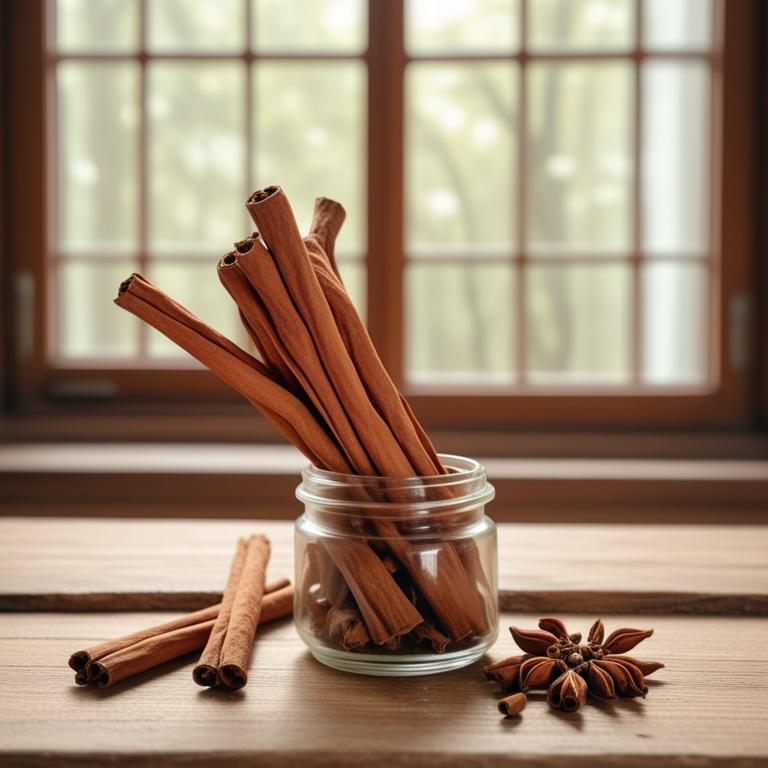
Mucus in Stomach: Understanding the Causes and Medicinal Herbs for Relief
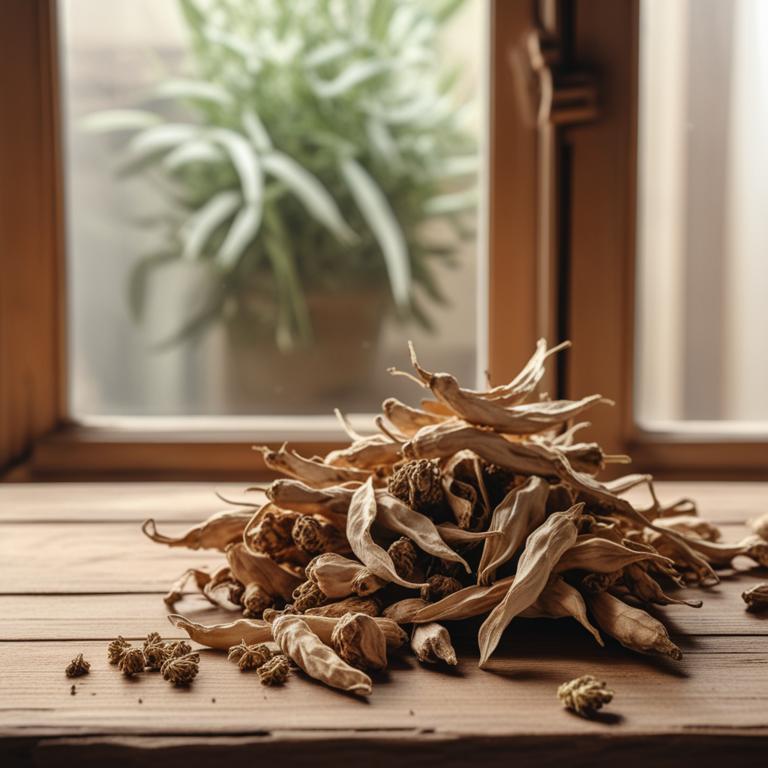
Causes and Remedies of Hiatus Hernia Using Medicinal Herbs
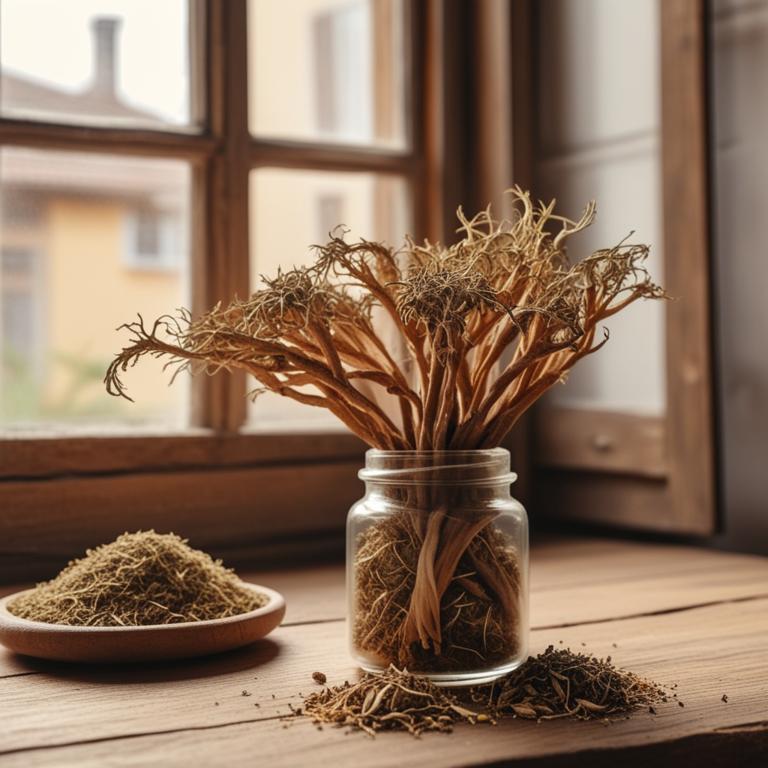
Ulcerative Colitis: Investigating the Role of Medicinal Herbs and Preparations
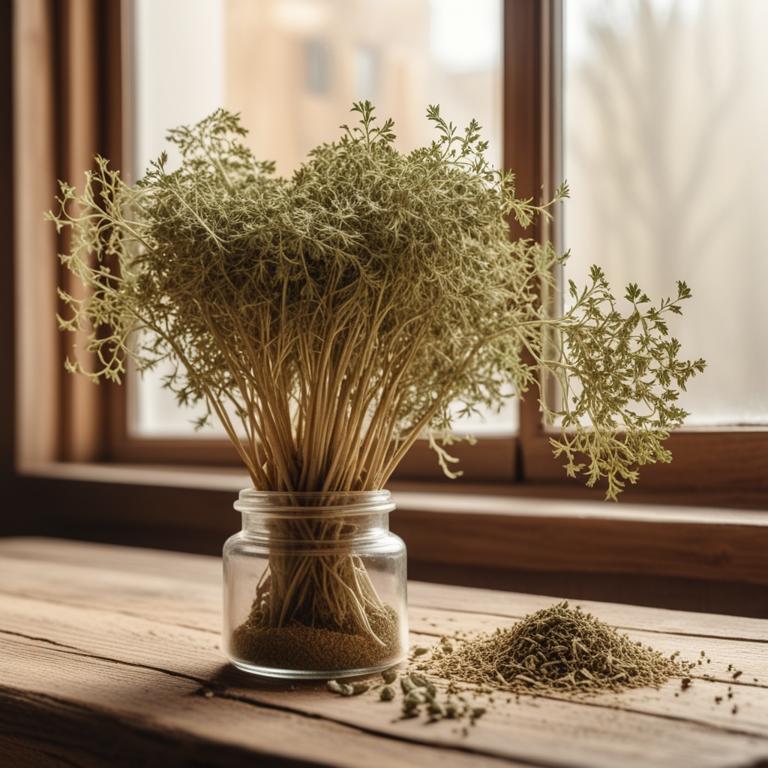
Causes and Herbal Solutions for Flatulence Relief
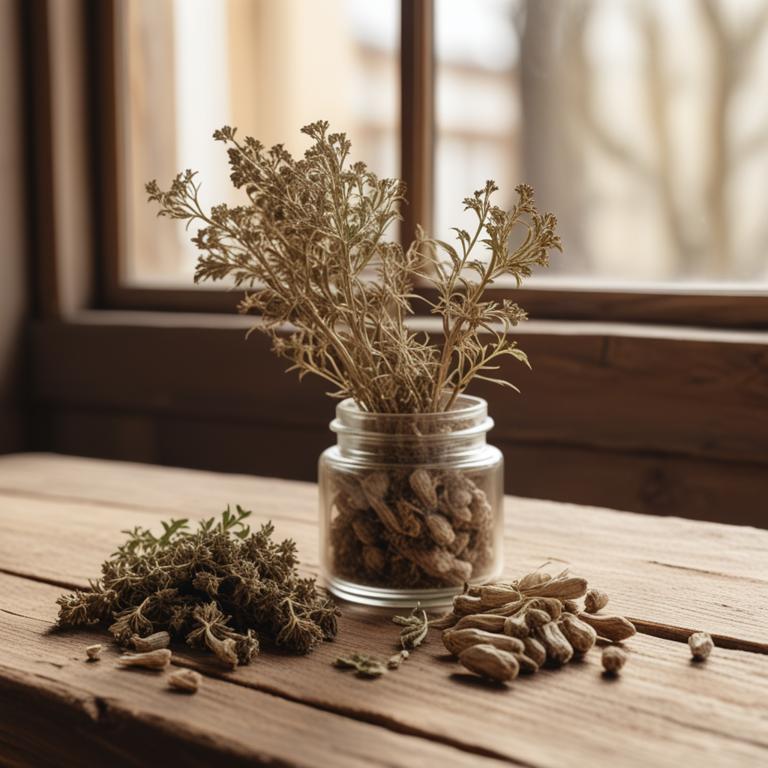
Queasy Stomach Causes and Herbal Remedies: A Comprehensive Guide
